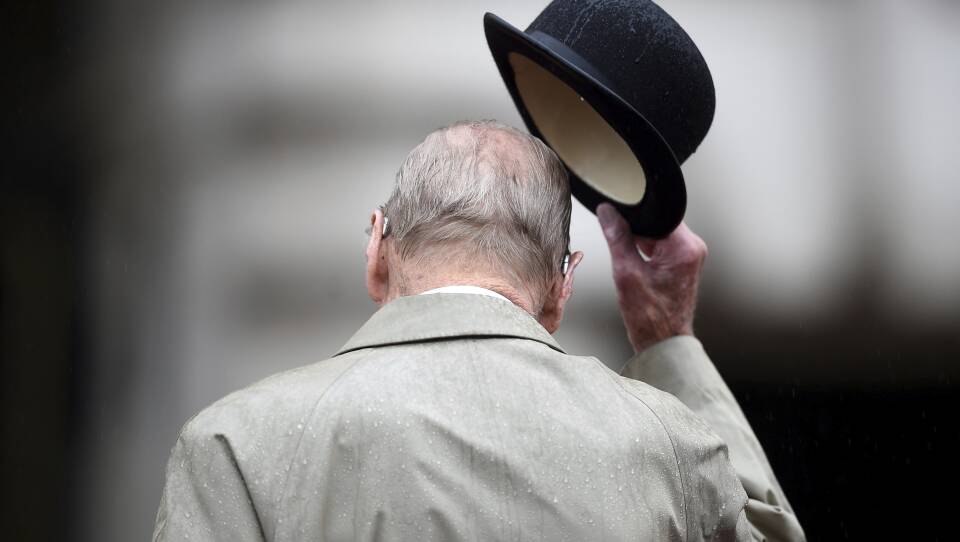Last week, 96 year-old Prince Philip officially retiredfrom his royal duties as the Duke of Edinburgh, the Queen's consort, a post he has held for 65 years.
In that time, he's been many different things to many people: The model of a dutiful, supportive husband to his wife, the Queen of England; the"world's most experienced plaque-unveiler," as he himself put it; the king of putting his foot in his mouth; a symbol of colonialism and oppression; and man who dedicated his life to notions of responsibility and honor, to name a few.
Harvard Business School historian Nancy Koehn says one facet of Philip's legacy that seems especially meaningful today is his sense of privilege and duty.
"One thing that is impressive, particularly right now at this moment in American history, is ... the coin struck in his honor for his retirement says: 'Not for self, but for country,'" said Koehn.
"It's this sense that we have an obligation to, as privileged, very materially well-off people, as monarchs, to represent Britain," she continued.
Koehn seemed to nod at comments from President Donald Trump in recent days about the state of the White House and his vacation to New Jersey.
"[Prince Philip] made 22,219 public appearances," she said. "He did not kvetch about vacations. He did not kvetch about Buckingham Palace."
Click the audio player above to hear more from Harvard Business School professor Nancy Koehn.




